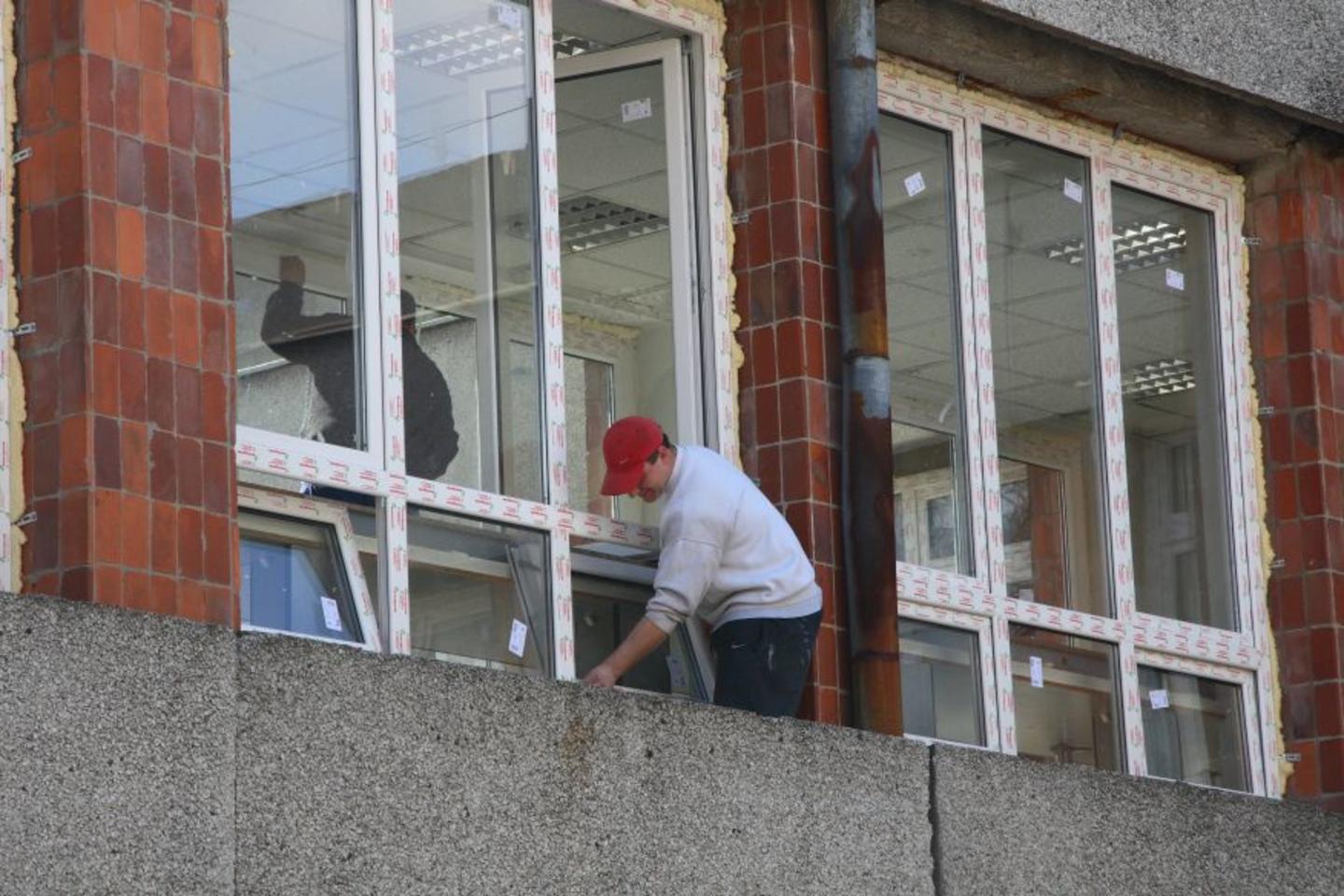Poland is one of the European countries with the highest levels of CO2 emissions, and improved energy efficiency is considered to be a relevant and economic way to reduce greenhouse gas emissions. Under the EEA and Norway Grants 2009-2014, €145 million is allocated to increase energy efficiency and promote renewable energy use in Poland.
Under this programme, funding is provided for large-scale investments contributing to greening of Polish industries, resulting in substantial reduction of CO2 emissions and air pollution. Energy efficiency in public buildings, like hospitals and schools, will also be improved.
Improving energy efficiency
The current call for proposals will distribute €67.394 million to projects aiming at:
- Improving the energy efficiency of buildings and covering thermal efficiency improvement in public utility buildings intended for public administration, education, healthcare, social assistance, higher education, science, education, tourism and sport;
- Modernising or replacing the existing energy sources that supply energy to public utility buildings with modern, energy-efficient and green heat and electricity sources with a total capacity of up to 5 MW;
- Installing, modernising or replacing heat centres with a total capacity of up to 3 MW at public utility buildings.
The programme is operated by the Polish Ministry of Environment in cooperation with the National Fund of Environmental Protection and Water Management. The Norwegian Water Resources and Energy Directorate is the donor programme partner.
You can find out more about how to apply or become a project partner here.
Better working conditions, lower costs
In addition to reducing emissions of greenhouse gases and air pollutants, the programme also contributes to economic and social objectives. It improves working conditions for those who work or study in buildings in which energy efficiency measures were implemented by providing them with improved air quality and a better and healthier environment. By reducing the energy consumption, the measures reduce energy costs.
